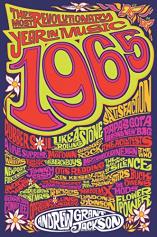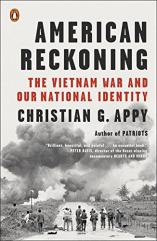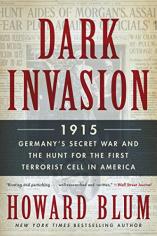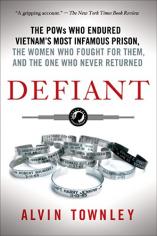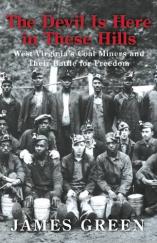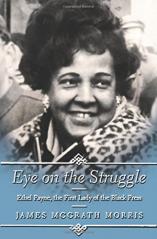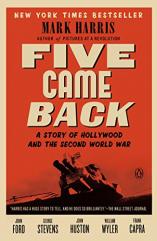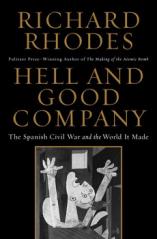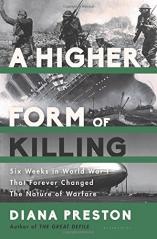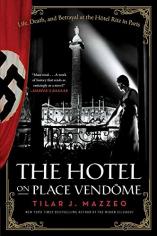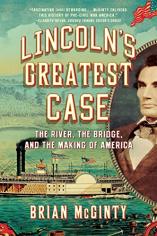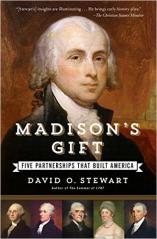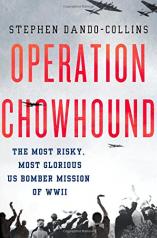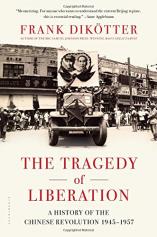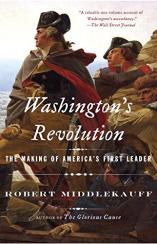February 2015
History Books Roundup: Reliving the Past
February 2015

February's roundup of History titles includes WASHINGTON'S REVOLUTION, Pulitzer Prize finalist Robert Middlekauff's account of the formative years that shaped a callow George Washington into an extraordinary leader; LINCOLN'S GREATEST CASE by lawyer and Lincoln scholar Brian McGinty, the untold story of how one sensational trial propelled a self-taught lawyer and a future president into the national spotlight; EYE ON THE STRUGGLE, in which acclaimed biographer James McGrath Morris brings into focus the riveting life of one of the most significant yet least known figures of the civil rights era --- pioneering journalist Ethel Payne, the “First Lady of the Black Press”; and LUSITANIA by Greg King and Penny Wilson, which tells the story of the Lusitania's glamorous passengers and the torpedo that ended an era and prompted the US entry into World War I.

